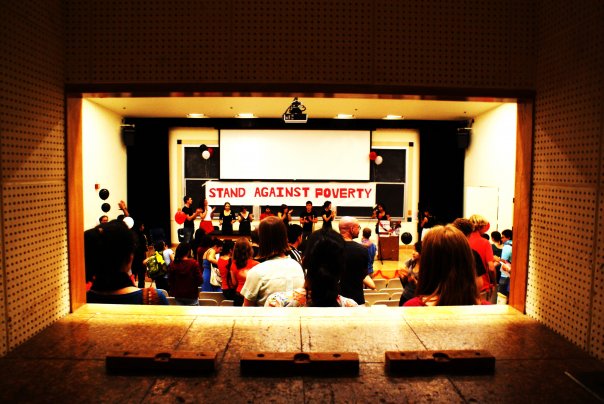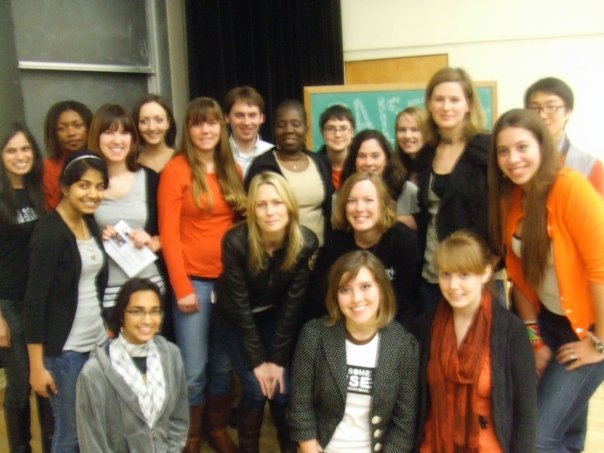 Last week marks the third mass killing of Colombia's indigenous Awá people this year. On August 26, unidentified gunmen entered the Gran Rosario reservation and murdered 12 people thought to be in the same family, including four children and three teenagers.
Last week marks the third mass killing of Colombia's indigenous Awá people this year. On August 26, unidentified gunmen entered the Gran Rosario reservation and murdered 12 people thought to be in the same family, including four children and three teenagers.According to Amnesty International, over 50 members of the Awá communities of Nariño have been killed since September 2008 by guerrillas, security forces and their paramilitary allies. These factions are vying for control of the region, linked to cocaine production and the drug trade. The Marxist Revolutionary Armed Forces of Colombia, better known as FARC, alone have been tied the deaths of at least 27 indigenous people earlier this year.
Due to the raging chaos and violence in the region, human rights abuses run rampant and often target vulnerable communities like the Awás. In addition to murders, the indigenous people have been constantly inundated with torture, "death threats, the use of antipersonnel landmines in their territory, recruitment of children to serve as combatants in armed groups and massive forced displacement by various armed actors". Up to 4 million people, roughly the population of Kentucky, have been displaced as fighting between rebels and government forces continues. This makes Colombia home to the second largest number of internally displaced people in the world, surpassed only by Sudan.
While President Alvaro Uribe issued a statement saying the violence against the Awá people "pains our soul," little has been done by the Colombian government to investigate or stop the targeted violence against the Awá community. Susan Lee, Americas Program Director for Amnesty International, recently asked, "How many more have to die before the government acts to protect these communities?"
The Colombian Army itself may have been involved in the massacre. Tulia García maintained that the Army was involved in the murder of her husband Gonzalo Rodríguez earlier this year. She was among those killed in the latest attack. "Initial reports suggest that members of the Army may have massacred these people, with the purpose of eliminating and intimidating witnesses of atrocities," said José Miguel Vivanco, Americas Director at Human Rights Watch. "The government needs to make sure there is an effective investigation of this horrific crime."
Both Amnesty International and Human Rights Watch strongly suggest an investigation into the recent violence. Vivanco states that "In Nariño, as in many parts of Colombia, the conflict rages on and abuses are rampant, yet often civilians feel ignored by the state. Instead of pretending the conflict doesn't exist, the national government needs to do much more to protect civilians, ensure accountability for abuses, and provide assistance to the victims."
For more on this story, check out Amnesty International, Human Rights Watch, and CNN.
To protect human rights in Colombia, click here.












